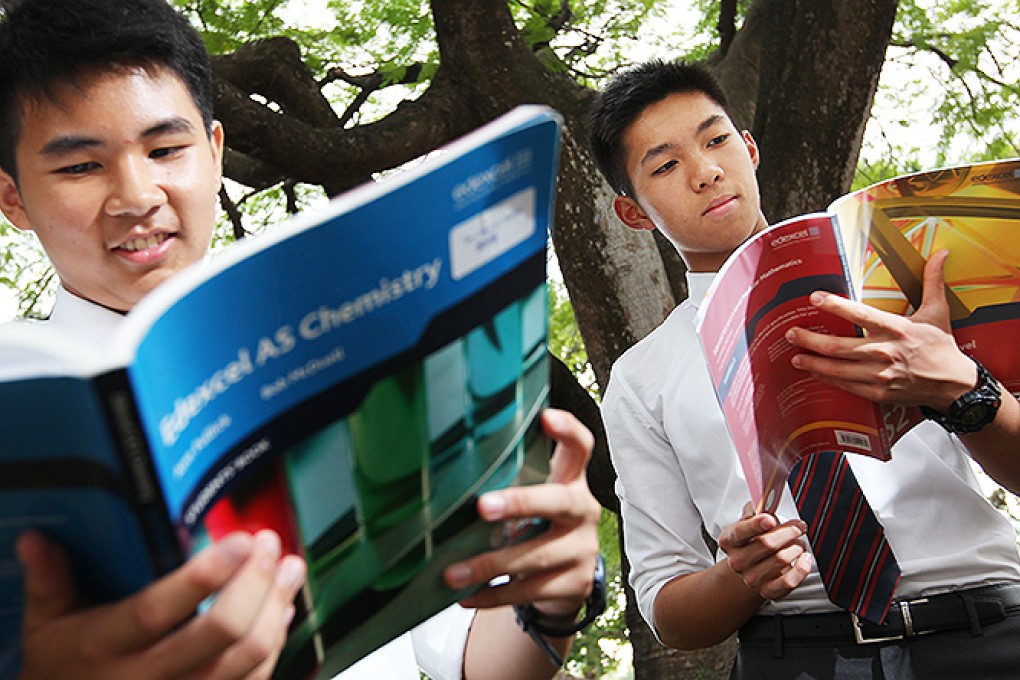Broaden Hong Kong education for more well-rounded students
Kai-Lung Hui says 'too much, too fast' approach can kill curiosity to learn

Universities in Hong Kong are reportedly admitting a significant number of local students who do not take the Hong Kong Diploma of Secondary Education examination. These students, who take the International Baccalaureate diploma or General Certificate of Examination syllabus instead, mostly study in international schools. Many come from upper-middle-class families.
Why would the universities want to admit more of these students? Some admission officers say they are of equal or better quality than students in the HKDSE system.
In fact, many people have raised concerns about local schooling, which emphasises rote learning and spoon-feeds students with difficult words and concepts beyond what they are supposed to learn at their age.
I have seen words such as "astronaut" in local kindergarten textbooks. An admission interview has become the norm before children enter primary or secondary school in Hong Kong. Some interviewers even ask whether the applicants have comments on the chief executive's policy address or the European financial crisis. We are talking about children of 11 and 12, or even younger.
To prepare for these interviews, some parents send their children to multiple workshops and give them loads of reading and homework. Some even force their kids to read textbooks and do exercises for subjects one or several years ahead of time. Going to tutorial schools has become an indispensable part of many a child's education here. Such intensive training puts extra pressure on students and could dampen their curiosity for learning.
In fact, the Programme for International Student Assessment rankings show that Hong Kong students are only marginally better than their counterparts in Finland in terms of science and reading ability, yet Finnish students do not start school until seven, have minimal homework, and are strongly encouraged to undertake extra-curricular activities. The same goes for the education systems in many other countries.
